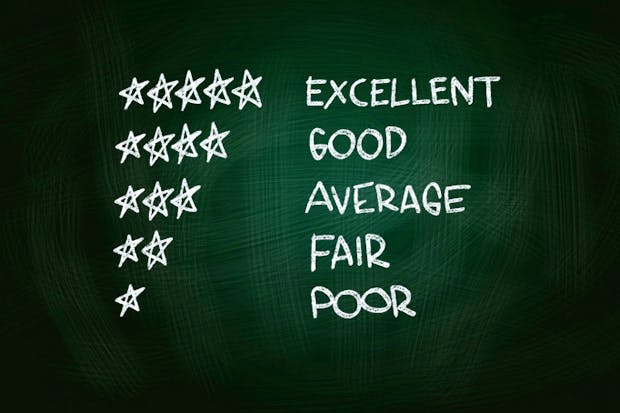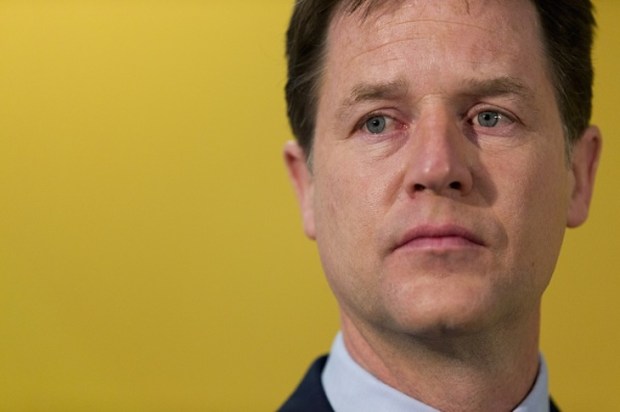‘J’ai failli attendre’ — ‘I almost had to wait’ — allegedly said by Louis XIV when his carriage drew up just a few seconds before he reached the bottom of the palace steps.
Pathetic, I know, but I try to re-enact this moment with taxi booking apps: I watch the car approach on the map on my phone, then time my departure to emerge from the building exactly when the car pulls up at the kerb. It is a moment of synchronicity which delights the trivial mind — in the way many men enjoy timing the flushing of a lavatory so that the end of the flush coincides with the last moment of micturition.
But there is now another reason to do this: to avoid keeping the driver waiting. You may not know, but when you use services such as Uber or Hailo, not only do you get to rate the driver but the driver rates you. Once you learn this, it subtly changes your behaviour: I once found myself telling my children, ‘Hurry up and get in the car. I don’t want to drop below a 4.8.’
In what is known as a two-sided market (such as Uber, eBay or Airbnb) this two-way rating makes sense. With Uber ratings, the lowest-rated drivers are taken out of circulation, and the worst passengers presumably find it hard to get a taxi on a Friday night, thus purging the market of unscrupulous actors. (Uber drivers tell me that they do not usually refuse to pick up poorly rated passengers, but they do sometimes phone beforehand with a contrived query to check they aren’t drunk.)
At its best, the two-way rating system is a mechanism for creating trust by giving participants in a transaction ‘something to lose’ if the other party ends up unsatisfied. They are also an incentive to be nice. Reputational systems of this kind kept order in human society for a few million blissful years before lawyers were invented.
But the online systems leave room for improvement. Few qualitative judgements can be reduced to a simple average. With Uber, so one driver told me, ‘you only need one Russian arsehole to give you a one-star rating because you won’t let him smoke in the car and your rating is damaged for months’. And some niggling passengers give drivers three or four stars by default, reserving a five-star rating for acts of life-saving heroism; this confuses things further.
A new business can be wrecked by unlucky initial online reviews, too. (The technical term for this is hysteresis.) A woman recently told me that she first rented her villa to a party who then left a senselessly malicious review on a ratings site, after which it had been impossible to rent the villa to anyone else. My advice was to rename the villa and start again.
Someone from an electronics company told me they have to keep manufacturing an obsolete version of a piece of kitchen equipment, even though it is superseded. After five years, the older product had acquired so many positive reviews on Amazon it was impossible to retire it.
Restaurant and hotel reviews are problematic, too. Quite a few of my favourite places are not universally well liked on TripAdvisor, but are highly polarising. An average score does not capture this. I remember a hotel in Berlin where the television in the room had only one channel, which played The Big Lebowski on continuous loop; I loved it, but some people were scandalised.
Good things are often like that. We don’t really need the Michelin Guide. The Marmite Guide to the world’s most divisive hotels and restaurants would make a much more interesting read.
Got something to add? Join the discussion and comment below.
Get 10 issues for just $10
Subscribe to The Spectator Australia today for the next 10 magazine issues, plus full online access, for just $10.















Comments
Don't miss out
Join the conversation with other Spectator Australia readers. Subscribe to leave a comment.
SUBSCRIBEAlready a subscriber? Log in